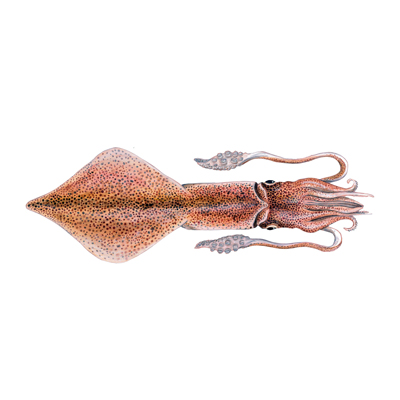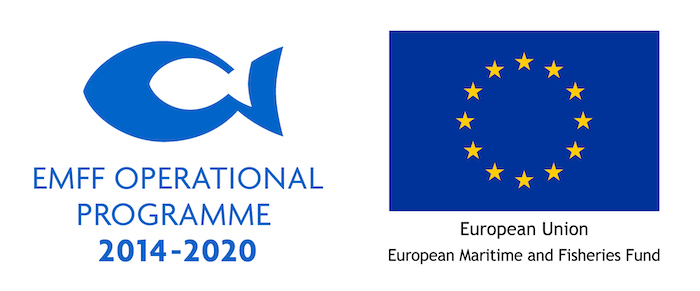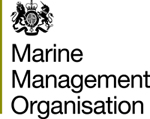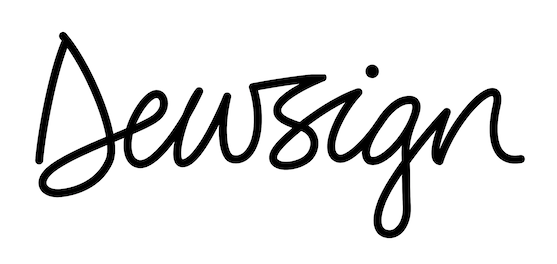

Squid are awesome, colour changing creatures related to octopus and cuttlefish, they have white and slightly chewy but deicious meat, often referred to as Calamari. The tubular body is cut into squid rings or chunks and the whole animal including the tentacles can be eaten.
Cornwall’s squid fishery is intermittent and small scale. Jig (handline) caught squid are the best choice as this method is low impact and highly selective. Squid stocks fluctuate naturally and some years large quantities are caught at quite random times through the year but largest quantities are caught in the late summer and autumn. Very little is known about squid populations in our area and there is no management to prevent overfishing of this valuable catch. Squid grow fast and produce large numbers of eggs so they are fairly resistant to fishing pressure. The best choice is line caught squid, although trawl caught squid makes up 97% of the squid landed to Cornish markets.
In 2023 a total of 21 tonnes of squid (both species) were landed to Cornish ports with a value of £129k (MMO data).
Updated July 2023
Cornwall
Handlining for squid with lures is also known as jigging. It is a selective low impact method that produces the finest quality fresh catch.
Learn moreCeltic Sea
Squid are targeted by demersal trawls using smaller mesh sizes during certain times of year. This is a less selective method than jigging and trawl gear has an impact on the seabed and some issues with bycatch of non target species.
Learn moreCornwall Good Seafood Guide rates fish on sustainability using a scale of 1 to 5.
1, 2 and 3 are recommended, Fish to avoid are rated 5.
We use the system devised by the Marine Conservation Society (MCS) so our scores are comparable with the scores produced by MCS for the UK and fisheries from all around the world. For more information on scoring click here.
Loligo vulgaris
European squid are highly advanced predatory molluscs related to octopus and cuttlefish. They are short lived fast growing creatures. In Uk waters we find two main species of squid the veined or northern squid Loligo forbesi and the European or common squid Loligo vulgaris. Both species grow no larger than 60cm in length although they are often larger than the imported squid often encountered in restaurants. Squid have 8 arms and 2 longer tentacles which are used to capture their prey. Between December and May squid breed and lay large egg masses on the seabed. Squid will only live for 2 or 3 years After laying eggs the females die and males may continue living until the next mating season. Because of this fast turnover squid are less vulnerable to fishing than many species (19% vulnerability score source sealife base).
Squid catches are not managed and there is no assessment of squid stocks. Their rapid growth and high reproductive rates mean that environmental factors are more important than fishing pressure to stocks. Squid fisheries in Cornwall are small scale and not likely to lead to over fishing, however little is known so it is impossible to say if the fishery is sustainable. Landings have shown a consistent downward trend over time.
Squid are caught by jigging – where unbaited lures called pirks are used on handlines to catch squid, often at night time. This method of catching is selective and undersized catches can easily be returned unharmed. There is no problem with bycatch or damage to the seabed.
Squid are caught as a welcome by-catch in demersal trawls fisheries around Cornwall. Demersal Trawls skim along the seabed. The foot rope at the front of the net runs along the seabed, disturbing fish and forcing them up into the belly of the net. Mesh sizes are set large to reduce unwanted bycatch of juvenile fish but this method does have problems with by-catch in some areas and times of year in a very mixed fishery. Use of square mesh panels and lower head ropes make the gear more selective and many Cornish fishermen are trialling improved gear. There are no problems with bycatch of cetaceans and seals with this method, but this fishing method does pose a threat to rare species of sharks and rays such as Angel sharks and Longnosed skate.






Cornwall Good Seafood Guide is underpinned by the Marine Conservation Society (MCS) Good Fish Guide. The first UK consumer guide to sustainable seafood. For more information visit www.fishonline.org
Cornwall Good Seafood Guide is here to help us all make sustainable seafood choices. Choices that will help us keep the oceans healthy and Cornish fishers' futures safe. This website is funded by Cornwall Wildlife Trust. If you would like to make a meaningful difference to the health of our oceans, please consider making a donation to the Cornwall Wildlife Trust Ocean Emergency fund. Your donation will help safeguard these remarkable environments, ensuring that they continue to thrive for generations to come. Together, we can be stewards of the seas and champions for a healthier, more sustainable future.